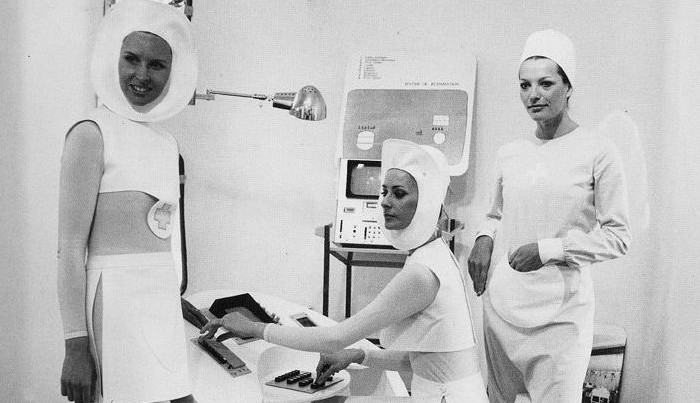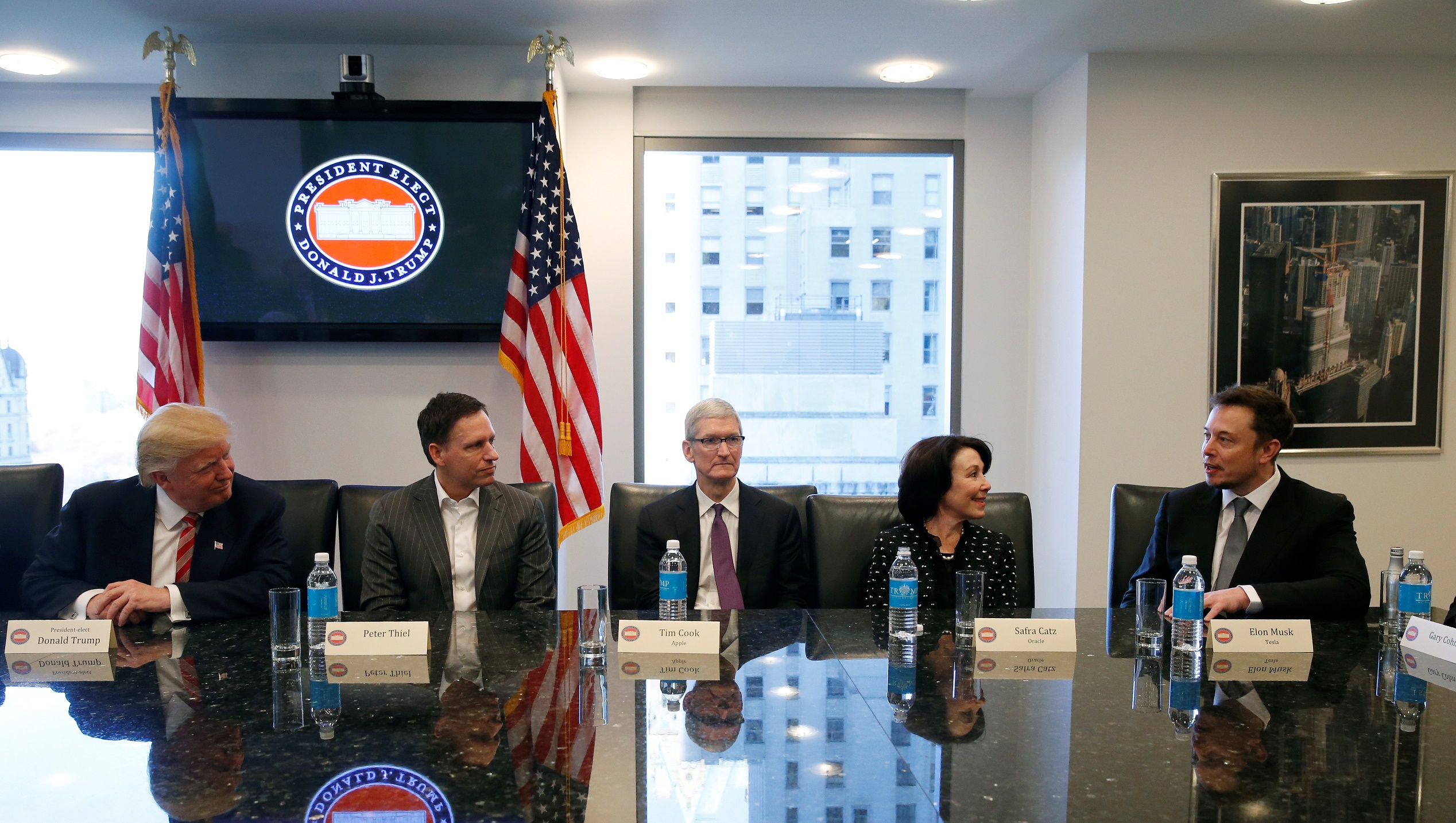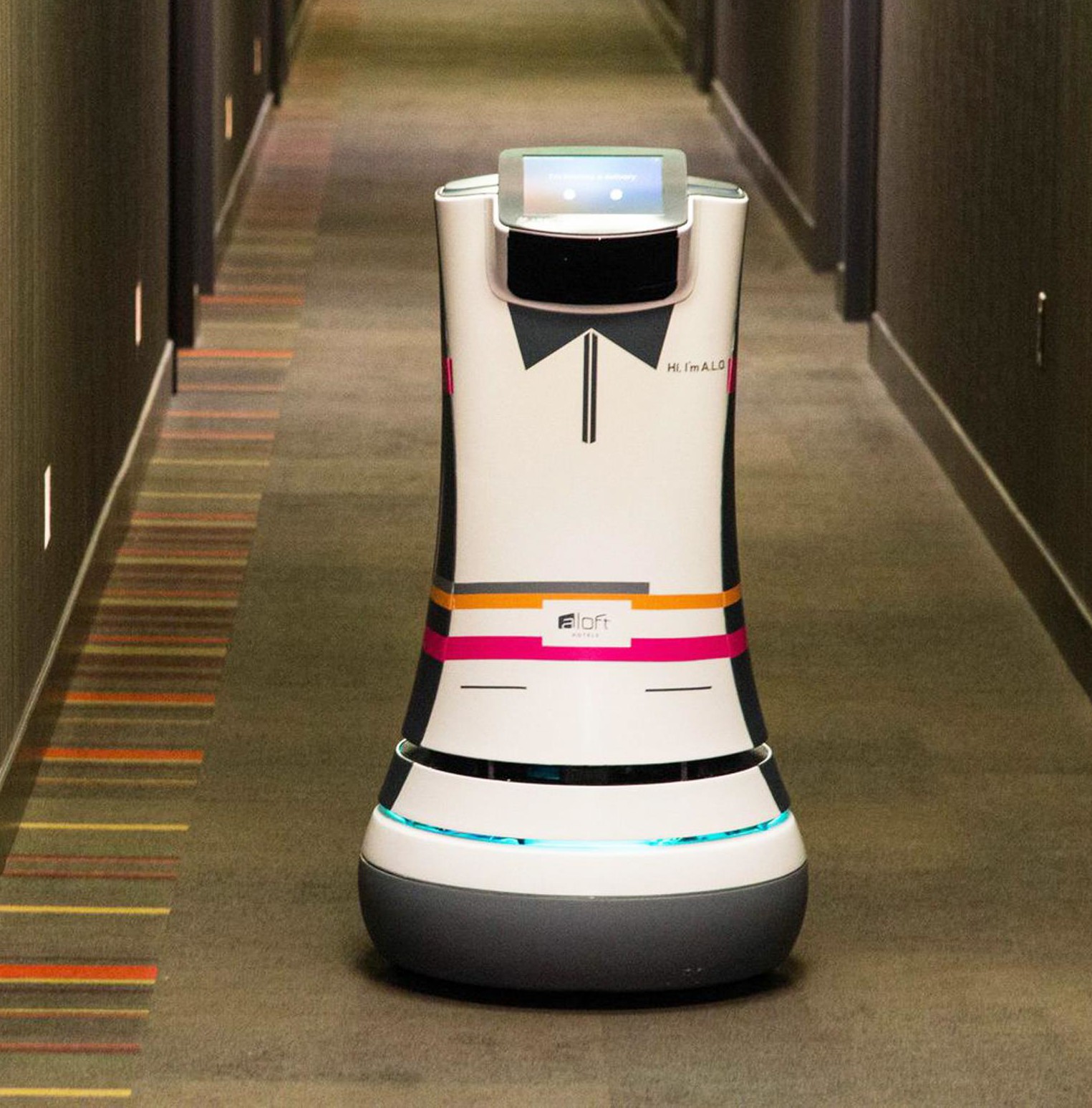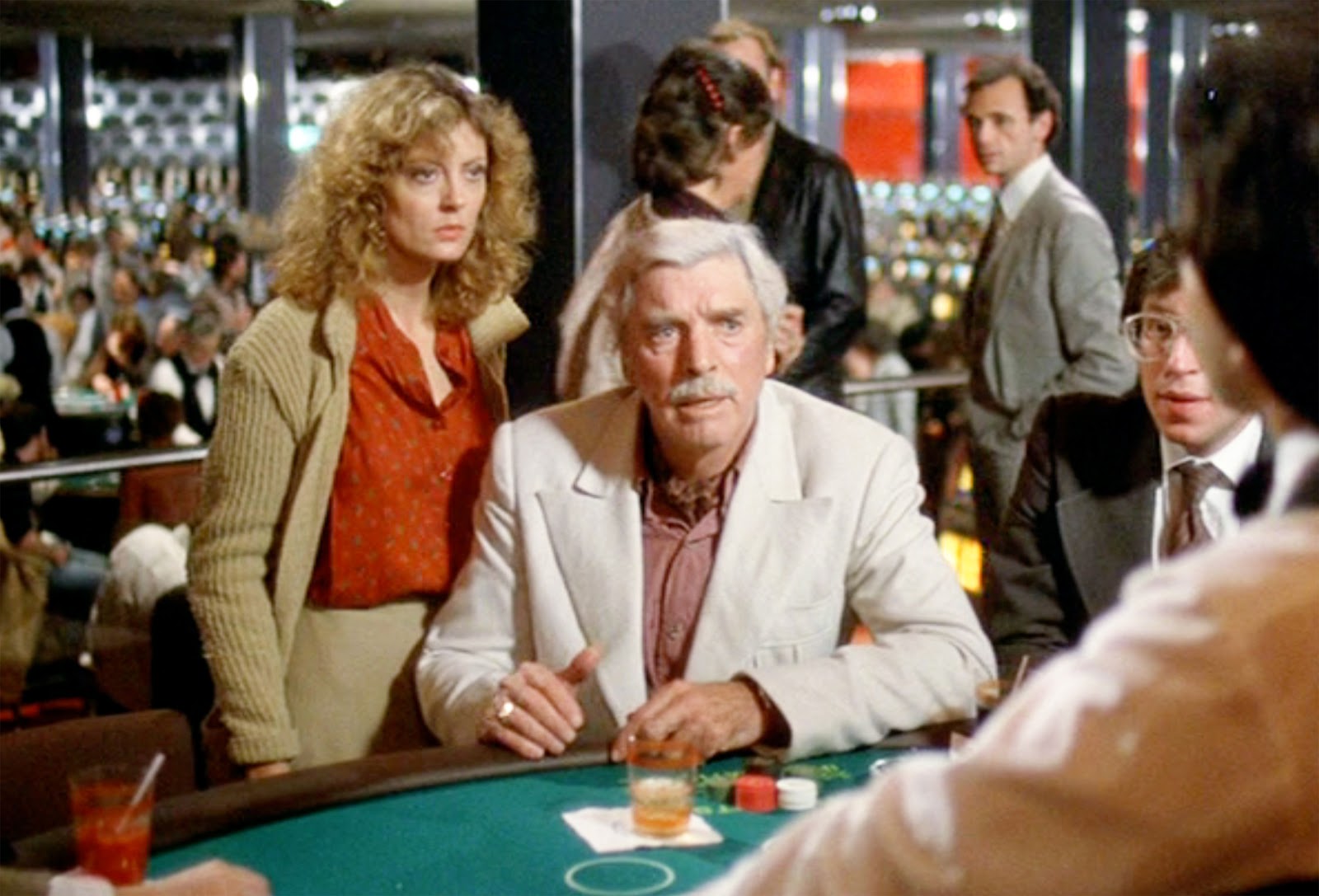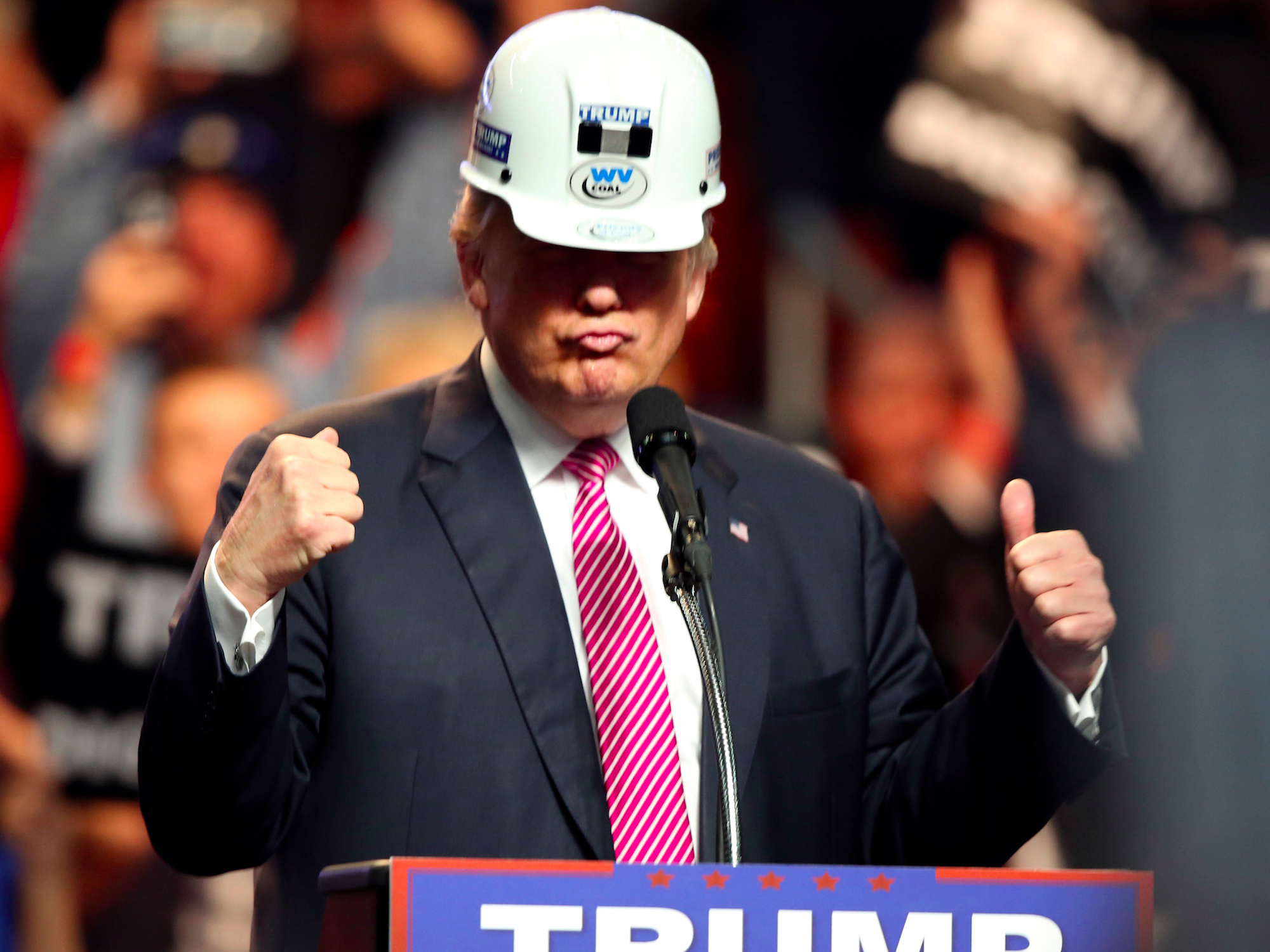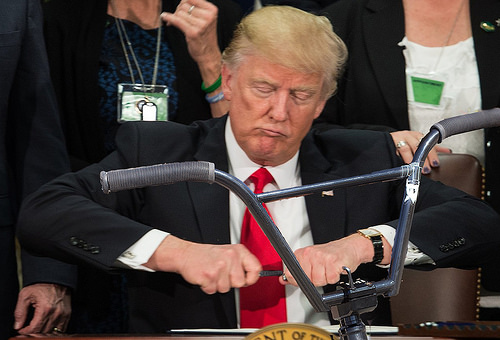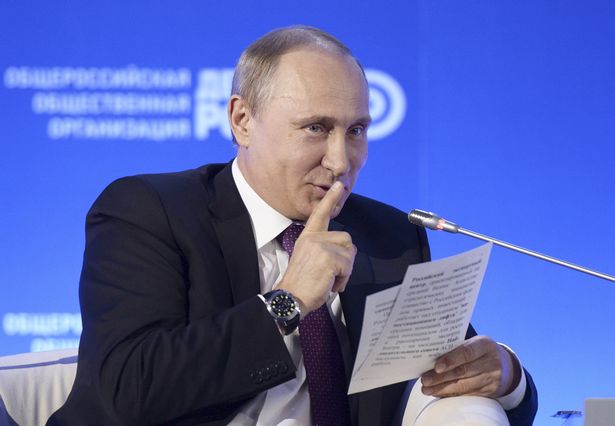Amnesia is a trouble that often plagues a long-stable society. It’s easy to forget what doesn’t ail you. That’s true whether we’re being forgetful about the value of democracy or disease prevention. Jogging the memory, unfortunately, can be painful, even deadly.
Figures on the Left and Right, journals both high and low, doctors and celebrities alike conspired over the last two decades to needlessly create a panic about vaccines that allowed for the return of outbreaks we thought were forever buried. The craziness began in 1998 when British doctor Andrew Wakefield published a now-retracted Lancet article linking immunizations to autism. The study was based on junk science and dishonesty, and his medical license was ultimately revoked.
Over the years, publications from Salon to the Huffington Post to Rolling Stone have published pieces further feeding a growing online fury, providing platforms to disparate, wrong-minded personalities from Jenny McCarthy to Robert F. Kennedy. (It should be noted that Salon and the Huffington Post have long since abandoned this misinformation.)
The opening of Amy Wallace’s smart 2009 Wired story on the subject related just how hysterical the situation had become:
TO HEAR HIS enemies talk, you might think Paul Offit is the most hated man in America. A pediatrician in Philadelphia, he is the coinventor of a rotavirus vaccine that could save tens of thousands of lives every year. Yet environmental activist Robert F. Kennedy Jr. slams Offit as a “biostitute” who whores for the pharmaceutical industry. Actor Jim Carrey calls him a profiteer and distills the doctor’s attitude toward childhood vaccination down to this chilling mantra: “Grab ’em and stab ’em.” Recently, Carrey and his girlfriend, Jenny McCarthy, went on CNN’s Larry King Live and singled out Offit’s vaccine, RotaTeq, as one of many unnecessary vaccines, all administered, they said, for just one reason: “Greed.”•
During the Arab Spring, there was debate about whether smartphones and social media were truly able to make mass movements go viral. It seems they really do, though it’s a two-way street, and one avenue leads to ignorance. The culmination of all this foolishness was on display in the Presidential election, in which two candidates, Donald Trump and Dr. Jill Stein, expressed solidarity with the anti-Vaxxers. Trump won and RFK Jr. reiterated today that he will head a “vaccine safety commission.”
From Daniel Smith at the New York Review of Books:
Measles is a severe virus than can result in high fever, diarrhea, pneumonia, deafness, brain swelling, and death. It is very hardy and therefore wildly contagious; it can survive in the air for up to two hours after an infected person has sneezed or coughed. Among those who aren’t immune, nine out of ten people who are exposed to measles will contract the virus. It is one of the leading causes of childhood death worldwide—and it is a growing threat to the United States.
In 2014, the US Centers for Disease Control recorded twenty-three separate outbreaks of measles in the United States, involving 668 individual cases—the highest number in twenty years and more than the previous five years combined. Many of these cases were contracted by children whose parents had refused to vaccinate them, out of a fear that doing so would cause developmental problems. And now in 2017 we have President Donald Trump, a man who is not only the most prominent and media-savvy fear-monger in the English-speaking world but also a dedicated, unabashed, very loud purveyor of myths about the dangers of vaccines.
Trump has been fixated for years on a discredited link between childhood vaccines and autism. As recently as Tuesday, during a White House meeting with Secretary of Education Betsy DeVos and a group of educators, Trump launched into rambling remarks on the subject, drawing directly on the claims of the anti-vaccination movement: “So what’s going on with autism? When you look at the tremendous increase, it’s really—it’s such an incredible—it’s really a horrible thing to watch, the tremendous amount of increase. Do you have any idea?” There is in fact no evidence to support the claim that we are in the midst of an autism epidemic, let alone to connect autism to vaccines.
The stakes of Trump’s allegiance to anti-vaccination canards are huge. The CDC declared in 2000 that measles had been “eliminated,” meaning that it was no longer endemic to the United States. After that point, any cases that occurred were carried in from outside the country. Outbreaks still happened, but they were minor and restricted to small geographic areas. This changed in 2014. The most serious of the measles outbreaks that year began in Disneyland, in southern California, and quickly radiated outward, north to Oregon, Washington, and Canada, east to Arizona, Utah, Colorado, and Nebraska, and south to Mexico. By the time the outbreak ran its full course, at least 111 people had contracted the illness, half of them children.
What caused this sudden burst of outbreaks?•



